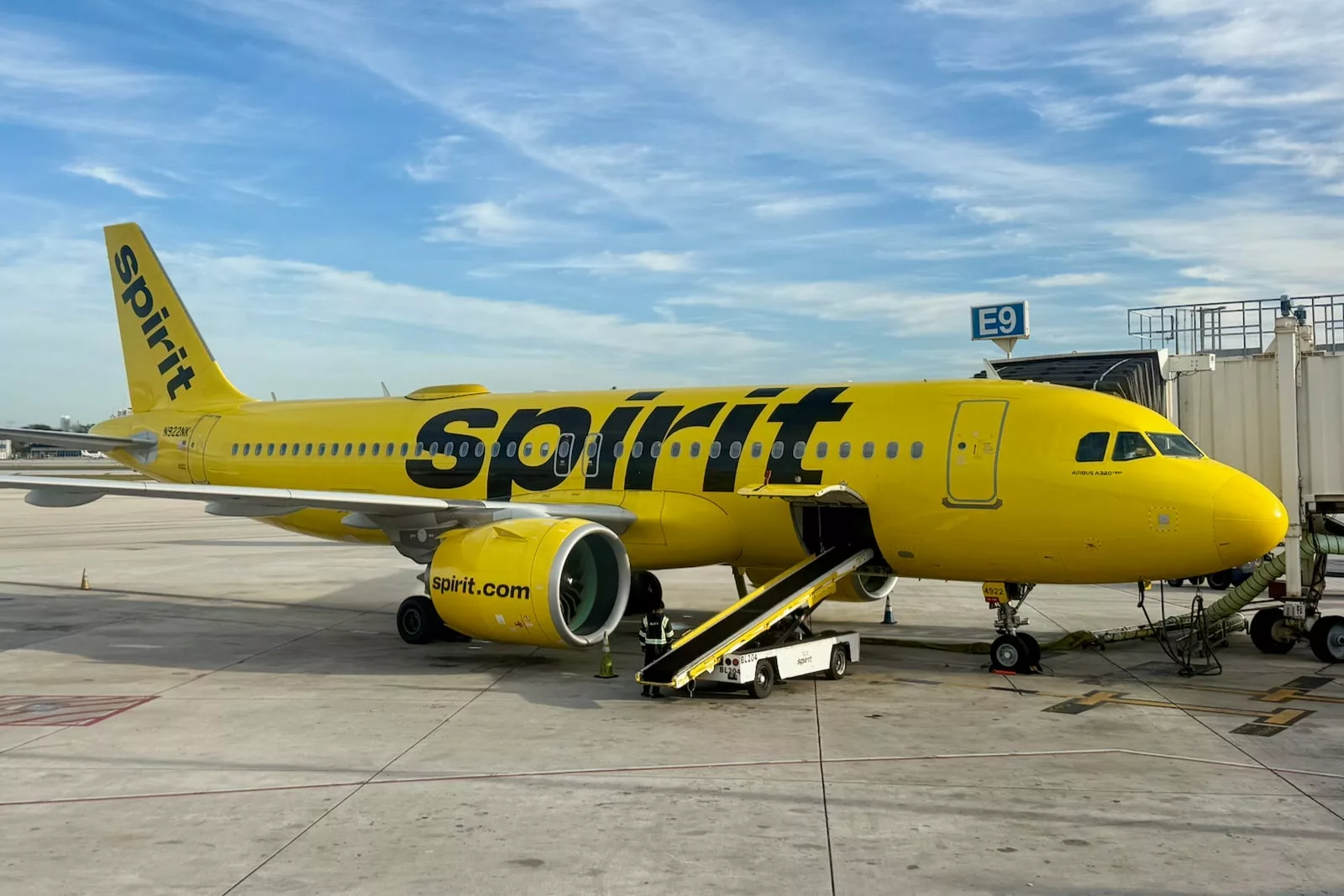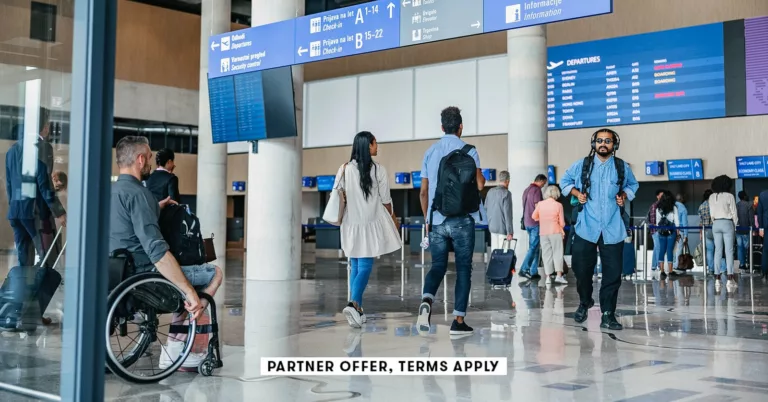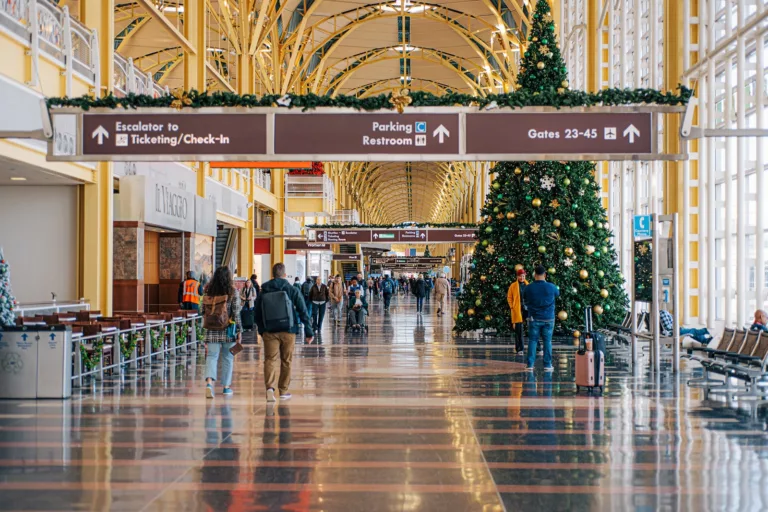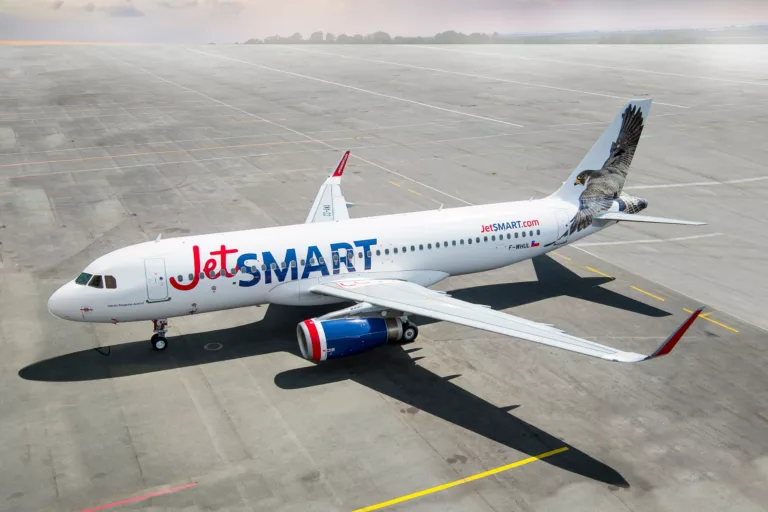Spirit Airlines Bankruptcy: What Travelers Need to Know
As the holiday season approaches, travelers are left wondering about the future of Spirit Airlines, a familiar sight at airports across the United States. Known for its bright yellow planes and budget-friendly fares, Spirit recently entered Chapter 11 bankruptcy for the second time in less than a year. While the airline has assured customers that it will continue to operate during its restructuring, many are concerned about what this means for their upcoming travel plans.
In this article, we’ll explore the implications of Spirit Airlines’ financial troubles for consumers, including the risks of booking flights, potential refunds, and what travelers should keep in mind during this uncertain time.
Spirit Airlines has long catered to price-sensitive travelers, offering low-cost flights to popular destinations like beaches, theme parks, and Las Vegas. However, the airline’s financial outlook has grown increasingly bleak, with industry experts expressing concerns about its ability to recover. Ahmed Abdelghany, a former airline executive and associate dean at Embry-Riddle Aeronautical University, notes that the airline has lost consumer confidence, stating, “It’s pretty much a negative picture for them.”
In recent weeks, Spirit has cut routes, reduced its flight schedule, and furloughed employees in an effort to stabilize its operations. As the holiday season approaches, travelers are left with pressing questions: Will Spirit flights take off as scheduled? What happens if a flight is canceled? And how will the airline’s financial struggles affect travelers, both those flying with Spirit and those using other carriers?
The situation facing Spirit Airlines can be likened to a perfect storm. The airline industry as a whole has faced challenges in the wake of the COVID-19 pandemic, with many consumers gravitating toward larger carriers that offer more amenities, such as lie-flat seats and extensive loyalty programs. Spirit, meanwhile, has been burdened by significant debt, a failed merger attempt, and operational issues, including engine problems that have grounded many of its planes.
After emerging from its first bankruptcy in the spring, Spirit’s financial position worsened as consumer spending tightened and lower fares impacted profitability. On August 29, the airline reentered Chapter 11, expressing “substantial doubt” about its ability to continue operating if its circumstances did not improve.
For travelers contemplating booking a flight with Spirit, the question of risk looms large. While there may not be immediate signs of disruption at the airport, Chris Anderson, an airline industry expert at Cornell University, advises caution. “As a consumer, you should feel relatively safe,” he says, but he adds that “there’s going to be a lot of uncertainty or volatility in their network,” which could lead to flight cancellations.
Data from aviation analytics firm Cirium indicates that Spirit plans to operate 28% fewer flights in the fourth quarter compared to the previous year. If your flight is canceled, you are likely already aware and entitled to a refund. Although the airline recently announced 40 planned route cuts, executives maintain that they do not intend to exit any more cities in the near future, which could provide some reassurance for travelers.
Looking ahead, the long-term prospects for Spirit Airlines remain uncertain. The airline recently celebrated a “significant step” towards stabilization by securing a deal with its aircraft leasing partner, which could provide some financial relief. However, analysts at Raymond James have warned that Spirit could face liquidation by early 2026 if it fails to secure additional deals with unions and partners.
For travelers, understanding their rights is crucial. If you book a flight with Spirit and it gets canceled, U.S. Department of Transportation regulations ensure that you are entitled to a timely refund. Anderson believes that consumers who purchase Spirit tickets will likely receive their money back, even if the airline’s financial troubles lead to a worst-case scenario of shutting down operations.
Travel insurance may also be a consideration for those looking to protect their investment. However, new bookings may not be eligible for coverage related to financial default, as Spirit’s bankruptcy is considered a “known event.” Travelers with credit cards that offer built-in travel insurance may have better luck, provided they use those cards to book their flights. Many credit cards include trip cancellation and interruption coverage, which may extend to financial insolvency, although policies vary.
Booking flights with a credit card is generally advisable for all travelers, not just for earning points. The Fair Credit Billing Act allows consumers to dispute credit card charges for services that were not rendered, providing an additional layer of protection should a flight be canceled.
Frequent flyer programs are another area of concern. If Spirit were to liquidate, the value of Free Spirit loyalty points would likely disappear along with the airline. However, there is potential for other carriers to step in and offer incentives to Spirit’s loyal customers, as seen in the past when competitors have sought to attract travelers from struggling airlines.
Even if you don’t typically fly with Spirit, the airline’s financial struggles could impact the broader travel landscape. Scott Keyes, founder of the flight deal site Going, points out that Spirit’s presence has historically driven down fares on competitive routes. “In a world without Spirit, Delta can get people to pay $300 or more for a flight from New York City to Miami,” he explains. “But when Spirit offers the same route for $49, it forces Delta to drop their fares or risk losing customers.”
In summary, while Spirit Airlines continues to operate amid bankruptcy proceedings, travelers should remain vigilant and informed. Understanding your rights, considering travel insurance, and using credit cards for bookings can help mitigate potential risks. As the holiday season approaches, the fate of Spirit Airlines remains uncertain, but its impact on the airline industry and consumer fares will undoubtedly be felt by travelers across the United States.







